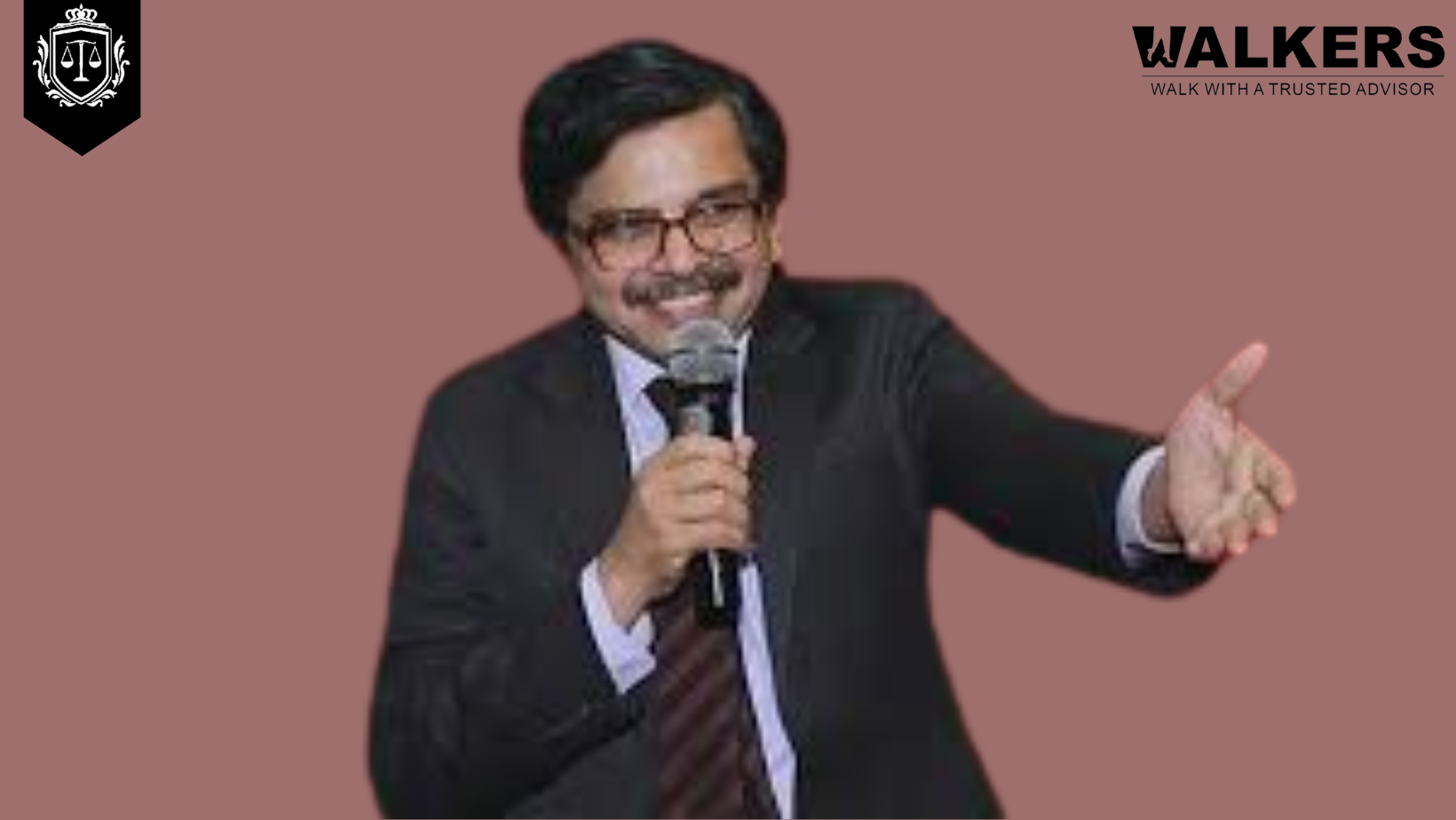


Former Delhi High Court judge and Chief Justice of the Orissa High Court, Justice S Muralidhar, expressed his lack of understanding regarding the specific aspect of his judgement in the Delhi riots case that caused the union government to transfer him out of the Delhi High Court.
He stated that any other judge in his position would have taken the same action, as it was the correct course of action. Justice Muralidhar made these remarks during a discussion with Senior Advocate Sanjay Hegde at the annual conclave organized by South First in Bangalore.
In response to a question from an audience member about his midnight hearing and subsequent judgement in the Delhi riots case, which led to his immediate transfer to the Punjab and Haryana High Court, Justice Muralidhar stated that he was unaware of what exactly upset the government.
He further emphasized that his colleagues in the Delhi High Court would have acted similarly. Justice Muralidhar also addressed the concern that the executive branch holds excessive influence over the judiciary and that appointments to high courts and the Supreme Court lack transparency.
This is a question that is frequently pondered, and we have a set of responses.
As is likely the case for many in the audience, we subscribe to the belief that a strong executive results in a weak judiciary, and vice versa.
However, upon examining history through the lens of esteemed researchers such as George Gadbois, who authored the two-part book "Supreme Whispers" with Abhinav Chandrachud, it becomes apparent that there have been instances in India's judiciary where a strong executive was present.
The most notable shift occurred in 1971 when the Congress party won 352 seats in the loksabha and a noticeable change in the appointment of Supreme Court justices took place. By reading this book, one can gain a sense of déjà vu, as Justice Muralidhar stated.
In both the pre-1993 system, where the executive had a say in the appointment of judges, and the system that has been in place since 1993, when the Collegium was established, judges have had to navigate a precarious path, according to the judge.
The judge continued by stating that while the struggle between the judiciary and the executive was not novel, how the judiciary maintained its independence was largely dependent on individual judges, particularly the Chief Justice of India.
Therefore, it ultimately comes down to the individual, specifically the Chief Justice of India at any given time. For example, consider who held this position in 1971.
Were they able to withstand the pressures exerted by the executive? Justice Chandrachud senior (Justice YV Chandrachud) is a particularly interesting figure to examine, as he served for seven and a half years and had to navigate a great deal of delicate situations.
For instance, he was unable to appoint Justice Chandurkar and several other highly qualified judges at the time he desired due to pressures and influences from various sources regarding who should be appointed first and who should be appointed next, Justice Muralidhar concluded.
Furthermore, Justice Muralidhar addressed the necessity of establishing a mechanism that would establish qualification criteria for individuals to be promoted as judges of the High Court. He emphasized that as the Chief Justice of a High Court, one has the opportunity to observe the skills, objectivity, and integrity of lawyers on a daily basis. Therefore, when nominating a candidate for elevation, the Chief Justice and other members of the collegium must consider these qualities of the lawyer.
Justice Muralidhar stated, "It is imperative to constantly monitor the performance of lawyers and assess their capability to be objective and fair.
Lawyers who exercise caution in not misleading the courts and assist in arriving at sound judgments are the ones who possess the ability to develop the law and prevent the courts from making errors. These are the traits that should be sought after."
In addition, Justice Muralidhar advocated for a mandatory "cooling off period" for every judge before accepting a post-retirement job.
TAGS: Sanjay Hegde Justice S Muralidhar Judical Appointments Delhi Riots